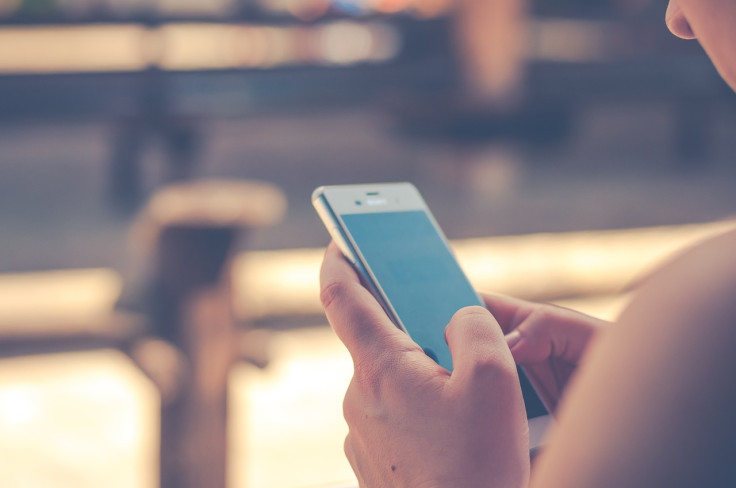Over 4 Hours Of Smartphone Use Linked To Higher Stress, Substance Use In Teens: Study

Teens, maybe it's time to limit your smartphone usage for better mental health. More than four hours of smartphone usage increases the risk of stress, thoughts of suicide and substance use, a new study has revealed.
The study, published in the journal Plus One, establishes a link between excessive smartphone use and adverse mental health. The research team, led by Jin-Hwa Moon and Jong Ho Cha from Hanyang University Medical Center, South Korea, made the conclusions after evaluating more than 50,000 adolescents.
Prior research on the topic indicated that excessive smartphone usage may elevate the risk of psychiatric disorders, sleep issues, eye-related problems and musculoskeletal disorders. However, some studies have shown that internet usage may help improve physical and mental health in adolescents.
The participants of the latest study were part of a web-based survey that collected data in 2017 and 2020. While 64.3% of adolescents used smartphones for more than two hours in 2017, the number hiked to 85.7% by 2020.
Participants who used a smartphone for more than four hours per day had higher rates of stress, thoughts of suicide and substance use compared to those with lesser usage. However, adolescents who used a smartphone for 1-2 hours per day faced fewer problems than those who did not use a smartphone at all.
"In conclusion, our study revealed curvilinear relationships between smartphone usage time and undesirable health outcomes. The adverse effects of smartphone overuse became prominent after 4 hours of daily usage time. These results can help establish smart device usage guidelines and education programs for appropriate media use," the researchers wrote.
The study has certain limitations. Since the results are based on a cross-sectional survey, the causal relationship between smartphone usage and adverse health outcomes could not be confirmed. However, researchers hope the results will provide useful information for establishing smartphone usage guidelines for adolescents and young adults.
Another limitation of the study is that self-answered questionnaires were used to estimate the smartphone usage time and health outcomes. There is a chance of underestimation of the actual usage since people may provide socially acceptable answers. The study did not estimate the impact of smartphone usage time based on the purpose (e.g., social media use, text messaging, education, online shopping), which may also have an impact on health outcomes.



























